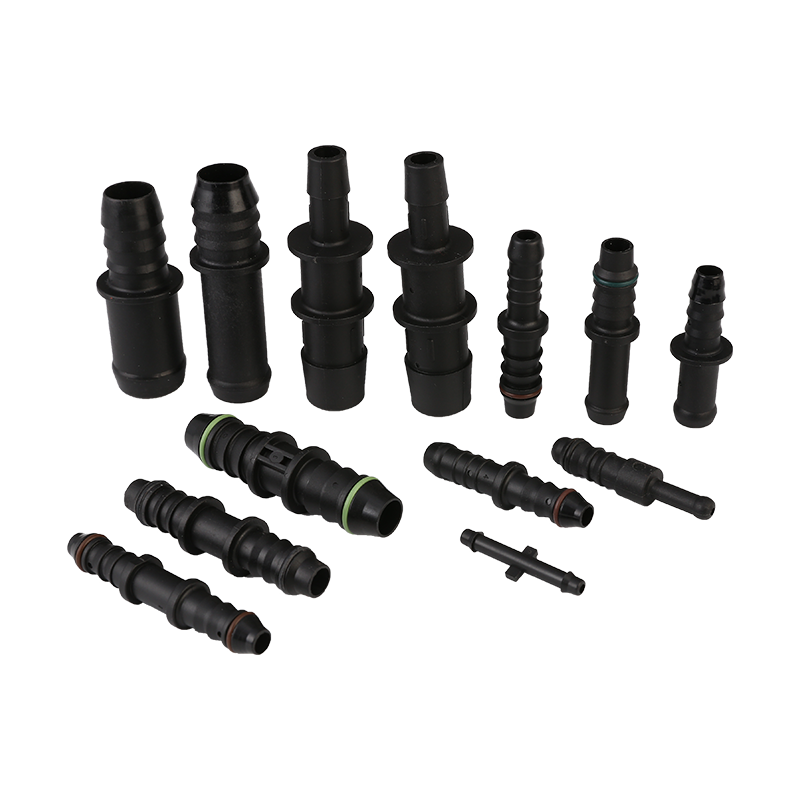Enhancing fuel efficiency in automotive systems is crucial for reducing fuel consumption and minimizing environmental impact. High-quality automotive fuel pipe fittings play a significant role in achieving this goal. Here's what you need to know about how they can contribute to improved fuel efficiency:
Fuel flow optimization: High-quality automotive fuel pipe fittings are designed to optimize fuel flow throughout the system. They have smooth interiors, minimal restrictions, and precise dimensions that minimize turbulence and pressure drops. By reducing resistance to fuel flow, these fittings help maintain a steady and efficient fuel delivery to the engine, enhancing overall fuel efficiency.
Leak prevention: Fuel leaks can significantly impact fuel efficiency by wasting fuel and potentially causing engine performance issues. High-quality automotive fuel pipe fittings are manufactured with precision and made from durable materials that provide excellent sealing properties. They are designed to withstand the pressures and temperature variations associated with fuel systems, reducing the risk of leaks. Properly sealed fittings ensure that fuel is directed to the engine without any wastage or loss, maximizing fuel efficiency.
Corrosion resistance: Automotive fuel pipe fittings are exposed to fuel, which contains various corrosive substances. High-quality fittings are often constructed from corrosion-resistant materials, such as stainless steel or brass. These materials offer excellent resistance to fuel-related corrosion, ensuring the longevity and performance of the fittings. Corrosion-resistant fittings help maintain proper fuel flow and prevent blockages, preserving fuel efficiency over time.
Precise fit and compatibility: High-quality automotive fuel pipe fittings are designed to provide precise fit and compatibility with the fuel system components. They come in various sizes, angles, and configurations to ensure proper alignment and connection between fuel pipes, hoses, and other components. Proper fit and compatibility minimize the risk of fuel leakage, pressure drops, or inefficient fuel flow, maximizing fuel efficiency.
Durability and reliability: Automotive fuel pipe fittings are subject to continuous vibration, temperature changes, and exposure to various elements. High-quality fittings are built to withstand these harsh conditions. They are made from robust materials and undergo stringent quality control measures to ensure durability and reliability. Durable fittings maintain their performance over time, reducing the need for frequent replacements and potential disruptions to fuel efficiency.
Regular maintenance and inspection: While high-quality fuel pipe fittings contribute to fuel efficiency, it is essential to perform regular maintenance and inspections. This includes checking for leaks, inspecting fittings for signs of wear or damage, and ensuring proper connections. Regular maintenance helps identify and address any issues that could impact fuel efficiency promptly.


In summary, high-quality automotive fuel pipe fittings contribute to enhanced fuel efficiency by optimizing fuel flow, preventing leaks, offering corrosion resistance, providing precise fit and compatibility, and ensuring durability and reliability. By investing in these fittings and maintaining them properly, you can optimize fuel delivery, reduce fuel consumption, and minimize the environmental impact of your vehicle.

 English
English
 Español
Español














